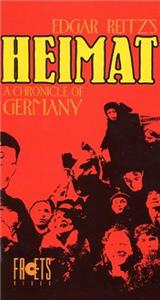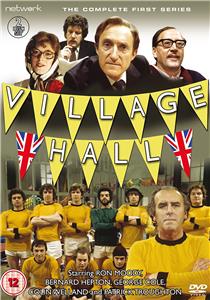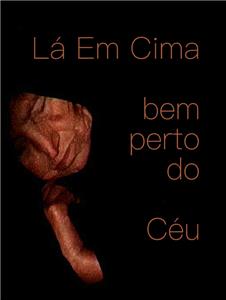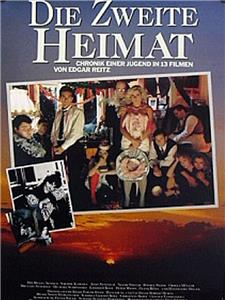Heimat - Eine deutsche Chronik Online

The series (11 episodes) tells the story of the village Schabbach, on the Hunsrueck in Germany through the years 1919-1982. Central person is Maria, who we see growing from a 17 year old girl to an old woman, and her family. The family, like the rest of the German people live through the crises after WW-I, the rise and fall of Nazism and WW-II, and the rebuilding and the following prosperity of the village (as a symbol for the whole country) after WW II.
| Series cast summary: | |||
| Marita Breuer | - | Maria Simon 11 episodes, 1984 | |
| Kurt Wagner | - | Glasisch Karl / - 11 episodes, 1984 | |
| Rüdiger Weigang | - | Eduard Simon 11 episodes, 1984 | |
| Eva Maria Schneider | - | Marie-Goot 11 episodes, 1984 | |
| Karin Rasenack | - | Lucie Hardtke 10 episodes, 1984 | |
| Johannes Lobewein | - | Alois Wiegand 10 episodes, 1984 | |
| Gertrud Bredel | - | Katharina / - 9 episodes, 1984 | |
| Eva Maria Bayerwaltes | - | Pauline 9 episodes, 1984 | |
| Hans-Jürgen Schatz | - | Wilfried Wiegand 9 episodes, 1984 | |
| Johannes Metzdorf | - | Pieritz 8 episodes, 1984 | |
| Wolfram Wagner | - | Maethes-Pat / - 7 episodes, 1984 | |
| Willi Burger | - | Mathias / - 6 episodes, 1984 | |
| Arno Lang | - | Robert Kröber 6 episodes, 1984 | |
| Sabine Wagner | - | Martha Simon 6 episodes, 1984 | |
| Helga Bender | - | Martina 6 episodes, 1984 | |
| Alexander Scholz | - | Hänschen 6 episodes, 1984 | |
| Jörg Hube | - | Otto Wohlleben 5 episodes, 1984 | |
The 2015 re-release with 4k restoration is in 7 parts.
Presented at the Rencontres Cinématographiques de Digne-les-Bains (1985).





User reviews